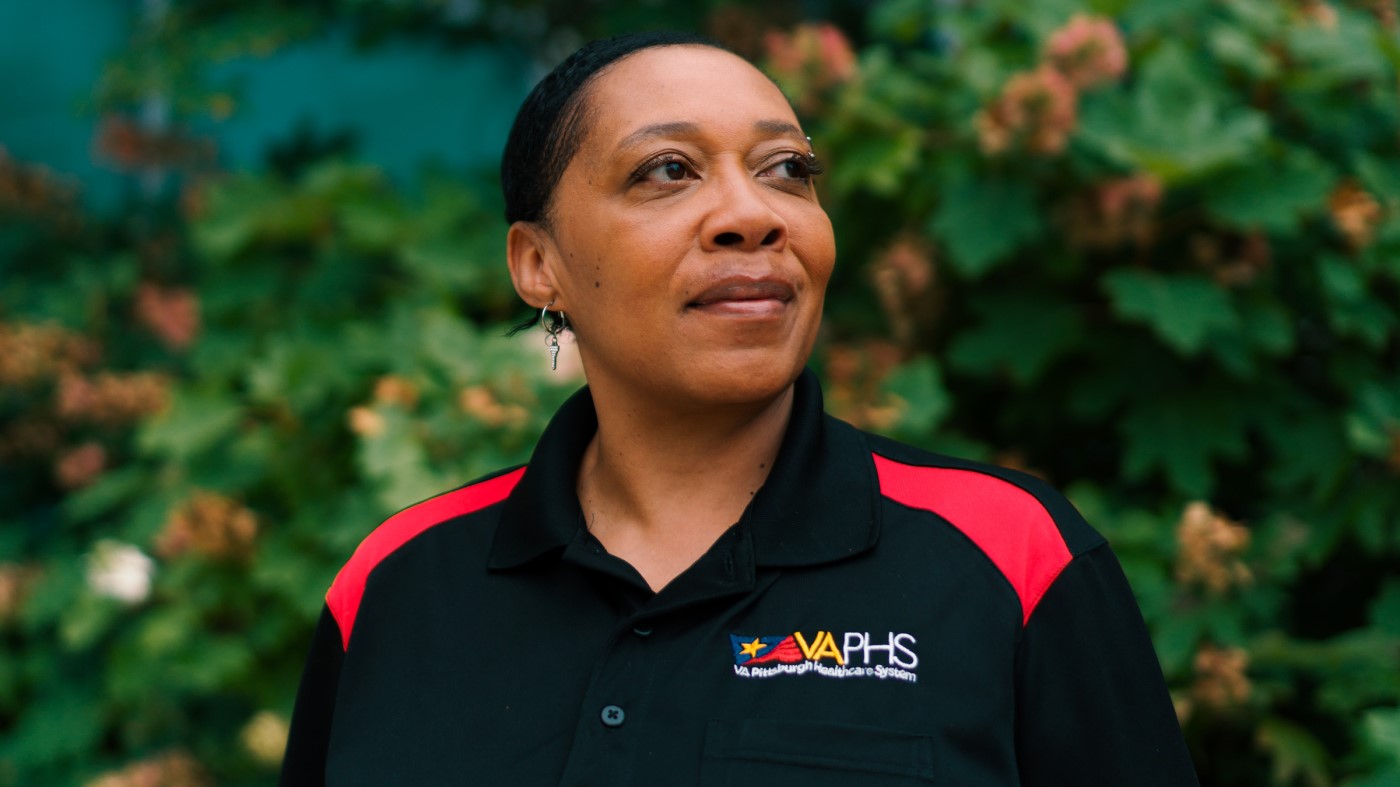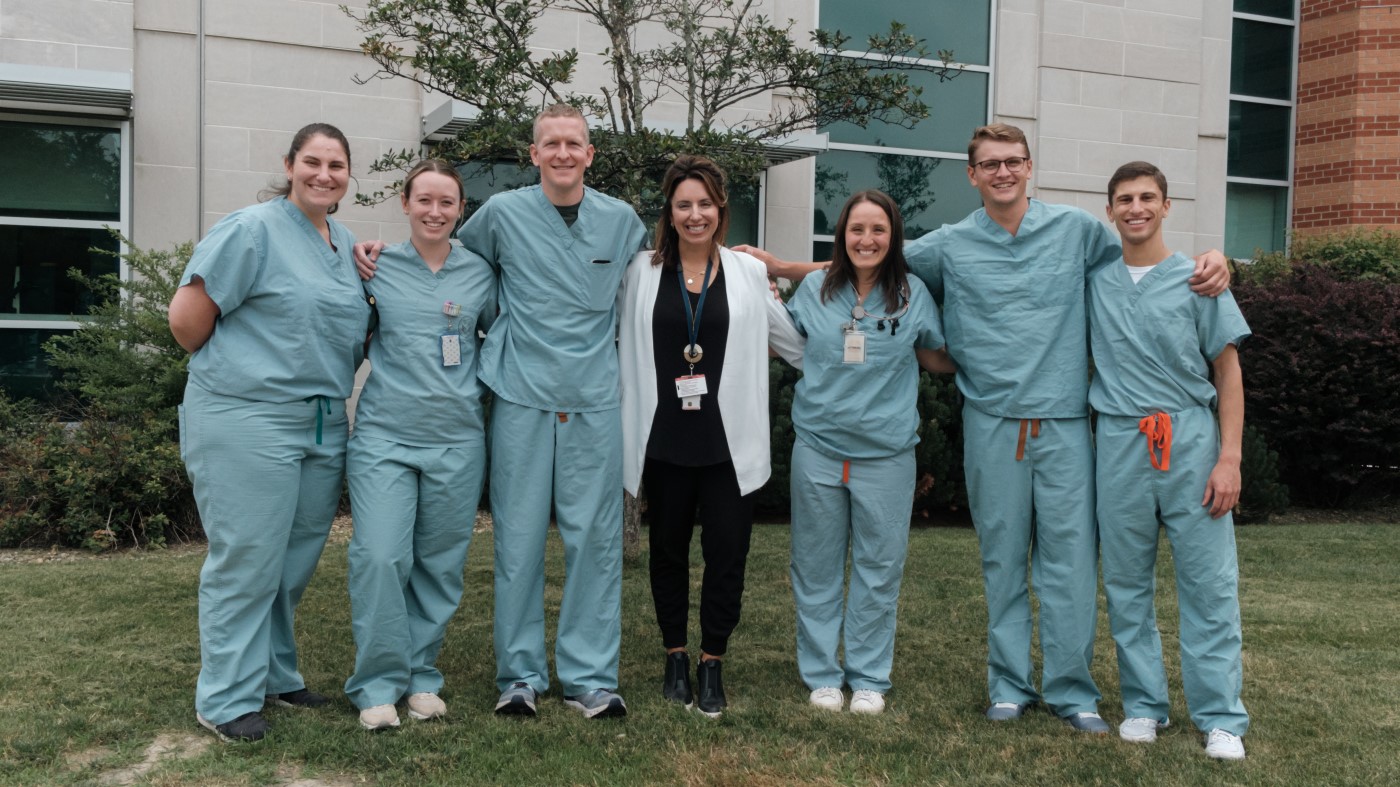As I mentioned in my last blog, volunteering is a good way to thank Veterans. Each year VA Voluntary Service (VAVS) has 140,000 volunteers giving 11 million hours in service to America’s Veterans. That service can range from simply visiting with patients to rendering pro bono professional help. Of special need right now are women and men with mental health credentials:
- Licensed Professional Mental Health Counselors
- Marriage and Family Therapists
- Mental Health Nurses
- Psychiatrists
- Psychologists
- Social Workers
From shell shock to PTSD. In my last blog I referred to WWI (July 28, 1914 – November 11, as the impetus for honoring Veterans. The worldwide toll was enormous. A Smithsonian article tells the story: Shrapnel was lethal to 60 percent of the 9.6 million military fatalities of the war. As early as 1915, a British medical journal noted a side effect of exploding shells. The devices could be a tremendous shock to the nerves. Every war since has had its own versions and names for this nervous disorder. Today the Veterans Health Administration is making strides in the diagnosis and treatment of post-traumatic stress disorder (PTSD) and traumatic brain injury (TBI). But much work remains to be done.
As a volunteer mental health professional, you can help Veterans in a clinical setting as you increase our knowledge of trauma. Along the way, you can even earn hours for licensure and continuing education unit (CEU) credits. To explore options and apply, please visit our Care Enough to Share site at http://www.vacareers.va.gov/WOC. That way, you can extend the goodwill of Veterans Day throughout the year.
In addition to volunteering, VA also has career positions for mental health professionals. Interested? Join VA today.
Topics in this story
More Stories
Whether it’s access to the great outdoors or a calmer pace in your everyday life, you can find it in rural VA communities around the country.
If you’re looking for an opportunity to provide care to Veterans outside a traditional clinical setting, Home Based Primary Care (HBPC) is a great option.
A key part of your job search is finding the right fit for you and your skills, and workplace culture can impact that dramatically.






